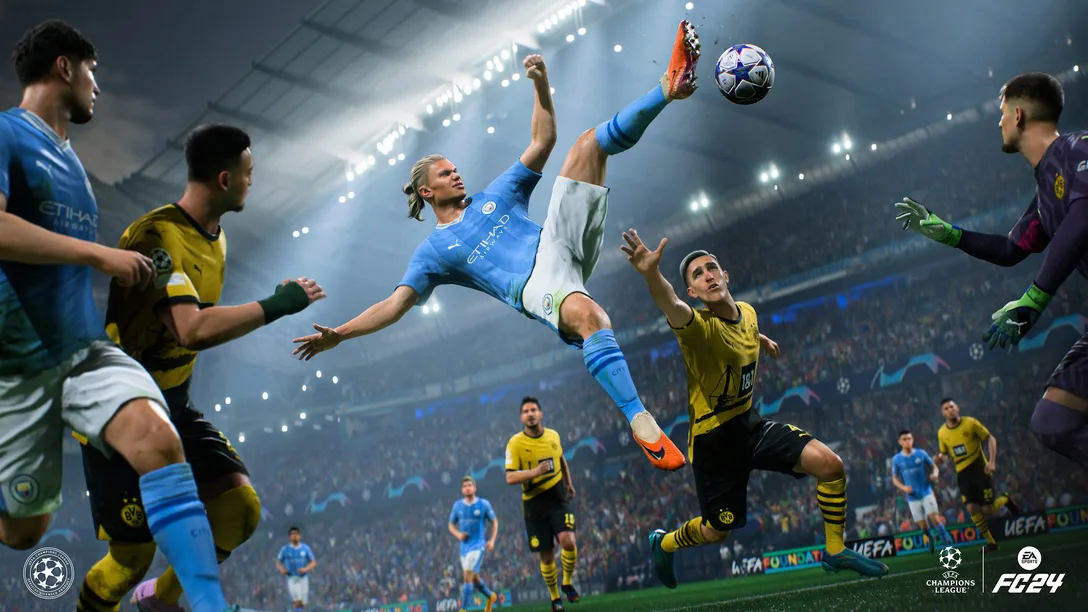
How to set goals correctly
In this final article of the improving efficiently course, we are going to talk about how you should set your goals. Because setting goals correctly is important in order to find the sweet spot between drive and frustration in your training.
Setting goals SMARTly I’m a big fan of the SMART rule when it comes to setting goals. Because it combines all the different important aspects of this skill. Here’s how it works:
S - Specific Be precise with your goals. You want to set well defined targets that have a clear definition. Something like
- I want to get better!
is a very poor goal. At what point does you improving mean you fulfilled the goal? When are you satisfied with your progress?
Compared to that, a goal like
- I want to get comfortable in 1vs1 defending
is much more precise. You know at which aspect you want to get better, you know what the target is: being comfortable, not being perfect but being able to defend most 1vs1 situations you get into. You could even make it more specific by adding something like “I want to win 80% of my defensive 1vs1 situations.”
M - Measurable Making goals measurable is a very interesting approach. Because it can shift the focus from improvement to simple repetitions. “I will do 15 minutes of mechanical skill move practice in the training arena every day.”. This is certainly a measurable goal and it is certainly tied to you getting better with your mechanics. But the goal is not tied to that. Even if you play a few matches after this training drill and your skill moves are not working as you want them to, you still fulfilled your goal for that day. And that can be a much healthier approach for your mentality.
A - Attainable Setting attainable goals goes into a similar direction as what we just talked about. Of course thinking and dreaming big is great. But setting a goal like
- I want to become world champion
alone is not going to accomplish much. Sure, it might be possible but only over the course of years and years of practice. Start small and set attainable goals.
- I want to climb to division 5
R - Relevant This is a little bit of a tryhard aspect but if you’re applying the SMART rule to setting goals in FIFA, then you are probably a tryhard anyways (like me). Relevance means that achieving your goals will mean you’ve become a better player. Of course you can aim to pull off 3 rainbows over the keeper in one day, but that’s not going to help you much in terms of winning more games on a regular basis.
Figure out what you’re struggling with and what the most relevant improvements would be for your personal game and then set goals for these aspects. A great way to start is by analysing your own game.
T - Time bound Last but not least, you want your goals to have a clear deadline. “I want to climb to division 5” is a great attainable goal, but it’s not time bound yet. Set a realistic time frame for every goal so that you will be able to determine if you succeeded or failed with your progress.
I think it’s important to find the sweet spot here. You don’t want to get too comfortable and give yourself deadlines that don’t really push you. But on the other hand it’s important to understand that improvement takes time.
I recently started playing beach volleyball and it is a highly technical sport with tons of challenging coordination involved. With my analytical approach I knew after a few playing sessions what my weak points are, what I should be doing instead and how I can improve. But it doesn’t make sense to aim for developing a perfect attack within 1 month because things just don’t go so fast. There will be sessions in which you feel like you are not getting anywhere and staying at the same level, only to realise 5 sessions later that you suddenly made a breakthrough. Stay ambitious, but also give yourself time.
Making goals independent from winning/losing I gave this tip in an article a while back already, but because it is so important, I want to repeat it here: Don’t make your goals result based. At least not the majority of them. Improving is independent from winning and losing.
Just because you won a game, doesn’t mean you improved. In fact if you are heavily focusing on winning, then chances are you are going to fall into old habits and play with what you know best. Which doesn’t need to be a good thing.
On the other hand, you can lose 5-0 but make sure to take things lightly and reflect on what the opponent outplayed you with so heavily. If you can disconnect from the frustrations of losing and the blindness that sometimes comes with winning, you are going to be able to have so much more fun playing and you are also going to improve much faster. I promise you that.
About the author Georg "CruZzAve" Raffelt is creating tutorials since 2013 around which time he also started his competitive journey in the game. He was able to qualify for the Grand Final of the German National Championship "Virtuelle Bundesliga" twice in 2014 and 2015. Online he managed to reach the weekly and monthly Top100 in the Weekend League numerous times.
In case you didn't know: You can also access THE GUIDE+ on your PC with our Web Version and watch the lessons on a bigger screen. Here is the link: www.theguide.gg
Music from https://filmmusic.io "Future Logo Intro" by WinnieTheMoog (https://taigasoundprod.com) License: CC BY (http://creativecommons.org/licenses/by/4.0/)

Subscribe To THE GUIDE+ To Watch This Video
Check Options






